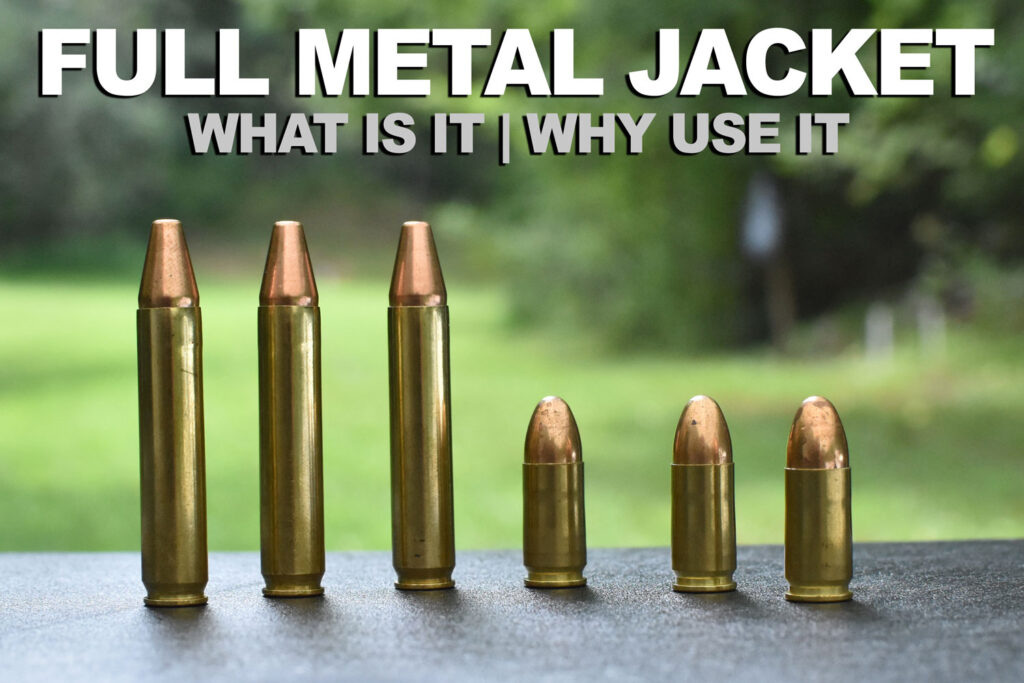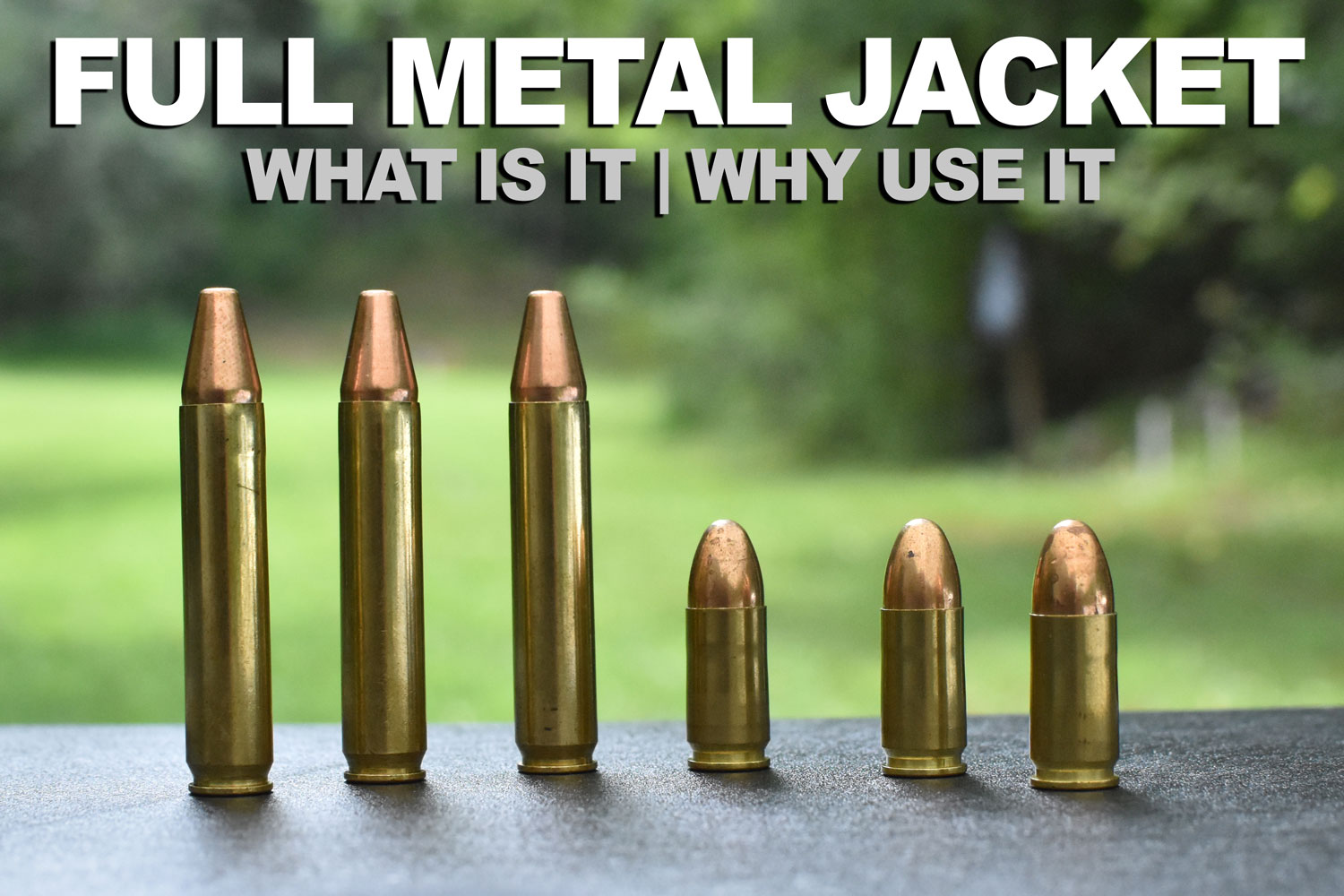
Are FMJ Rounds Legal? Understanding the Laws and Regulations
The question, are FMJ rounds legal, is one that frequently arises in discussions about firearms, ammunition, and self-defense. FMJ, or Full Metal Jacket, rounds are a common type of ammunition used in various firearms. Understanding the legal status of FMJ rounds is crucial for responsible gun owners and anyone interested in firearms regulations. This article aims to provide a comprehensive overview of the legality of FMJ rounds, exploring the different laws and regulations that govern their use and sale across various jurisdictions.
What are FMJ Rounds?
Before delving into the legal aspects, it’s essential to understand what FMJ rounds are. A Full Metal Jacket round is a bullet encased in a metallic jacket, typically made of copper or a copper alloy. This jacket covers most of the bullet, leaving only the base exposed. The design serves several purposes:
- Reduced Barrel Fouling: The jacket reduces the amount of lead residue left in the firearm’s barrel, making cleaning easier and prolonging the life of the firearm.
- Improved Feeding: The smooth jacket aids in the reliable feeding of ammunition into the chamber of the firearm.
- Enhanced Penetration: FMJ rounds generally offer better penetration compared to unjacketed lead bullets.
FMJ rounds are commonly used in military applications, target shooting, and general range practice due to their reliability and cost-effectiveness. However, their use in self-defense situations is a subject of debate due to their tendency to over-penetrate.
Federal Laws Regarding FMJ Rounds
At the federal level in the United States, the legality of FMJ rounds is primarily governed by the Gun Control Act of 1968 and subsequent amendments. Generally, FMJ rounds are legal for use in rifles and pistols. However, there are specific exceptions and restrictions, particularly concerning armor-piercing ammunition.
Armor-Piercing Ammunition
The Gun Control Act defines armor-piercing ammunition as a projectile or projectile core which may be used in a handgun and is constructed entirely (excluding the presence of traces of other substances) from one or a combination of tungsten alloys, steel, iron, brass, beryllium copper, or depleted uranium; or a full jacketed projectile larger than .22 caliber designed and intended for use in a handgun and capable of penetrating body armor.
This definition is crucial because armor-piercing ammunition is subject to stricter regulations. While most FMJ rounds are not classified as armor-piercing, certain types that meet the above criteria are restricted. The key factors are the composition of the projectile and its intended use in a handgun. If an FMJ round is determined to be armor-piercing and designed for handgun use, it may be subject to federal restrictions, including prohibitions on manufacture, importation, and sale.
Sporting Purposes Exemption
There is an exemption for ammunition that is primarily intended for sporting purposes. This exemption allows for the manufacture and sale of certain types of FMJ rounds that might otherwise be considered armor-piercing if they are primarily used in rifles or shotguns for hunting or target shooting. This exemption acknowledges the legitimate uses of FMJ rounds in various shooting sports.
State Laws Regarding FMJ Rounds
While federal laws provide a baseline, state laws can vary significantly regarding the legality of FMJ rounds. Some states have stricter regulations than the federal government, while others have more lenient laws. It is crucial to understand the specific laws in your state or the state where you intend to use or purchase FMJ rounds.
States with Restrictions
Several states have specific restrictions on the use or sale of certain types of ammunition, including FMJ rounds. For example, some states may prohibit the use of FMJ rounds for hunting certain types of game, citing concerns about over-penetration and the potential for injury to bystanders. Other states may restrict the sale of armor-piercing ammunition, even if it is not explicitly prohibited by federal law.
It’s important to consult with state-specific resources, such as the state attorney general’s office or a qualified legal professional, to ensure compliance with local laws.
States with Few Restrictions
In contrast, some states have very few restrictions on the use or sale of FMJ rounds. In these states, FMJ rounds are generally treated the same as other types of ammunition and are subject only to federal regulations. However, even in these states, it’s essential to be aware of any local ordinances or regulations that may apply.
Local Ordinances and Regulations
In addition to federal and state laws, local ordinances and regulations can also impact the legality of FMJ rounds. Cities and counties may have their own rules regarding the possession, sale, or use of certain types of ammunition. These local regulations can vary widely and may be more restrictive than state or federal laws.
For example, some cities may prohibit the discharge of firearms within city limits, effectively banning the use of FMJ rounds and other types of ammunition in those areas. Other localities may have restrictions on the sale of ammunition to minors or require background checks for ammunition purchases.
FMJ Rounds and Self-Defense
The use of FMJ rounds in self-defense situations is a topic of ongoing debate. While FMJ rounds are generally legal for self-defense purposes (subject to the laws mentioned above), their effectiveness and suitability are often questioned.
Over-Penetration Concerns
One of the primary concerns with FMJ rounds in self-defense scenarios is their tendency to over-penetrate. Because they are designed for penetration, FMJ rounds may pass through the intended target and strike unintended objects or individuals. This can increase the risk of collateral damage and potential legal liability.
Alternatives to FMJ Rounds for Self-Defense
Many experts recommend using hollow-point ammunition for self-defense purposes. Hollow-point rounds are designed to expand upon impact, creating a larger wound cavity and reducing the risk of over-penetration. While hollow-point ammunition may be more expensive than FMJ rounds, it is generally considered a safer and more effective option for self-defense.
Legal Considerations for Purchasing and Transporting FMJ Rounds
When purchasing and transporting FMJ rounds, it’s essential to be aware of any legal restrictions that may apply. Federal law requires licensed firearms dealers to keep records of ammunition sales, and some states may require background checks for ammunition purchases. Additionally, there may be restrictions on the transportation of ammunition across state lines, particularly for individuals who are not licensed firearms dealers.
It’s always a good idea to check with the relevant authorities before purchasing or transporting FMJ rounds to ensure compliance with all applicable laws and regulations.
Recent Legal Developments
The legal landscape surrounding firearms and ammunition is constantly evolving. Recent court decisions and legislative changes can impact the legality of FMJ rounds and other types of ammunition. It’s important to stay informed about these developments and to consult with legal professionals as needed.
[See also: Gun Control Act of 1968]
[See also: State Gun Laws]
[See also: Ammunition Types and Uses]
Conclusion
In conclusion, the legality of FMJ rounds varies depending on federal, state, and local laws. While FMJ rounds are generally legal for use in rifles and pistols, certain types may be restricted if they are classified as armor-piercing. It’s crucial to understand the specific laws in your jurisdiction and to use FMJ rounds responsibly and safely. Always prioritize safety and be aware of the potential risks associated with over-penetration, especially in self-defense situations. Staying informed and consulting with legal professionals can help ensure compliance with all applicable laws and regulations.

